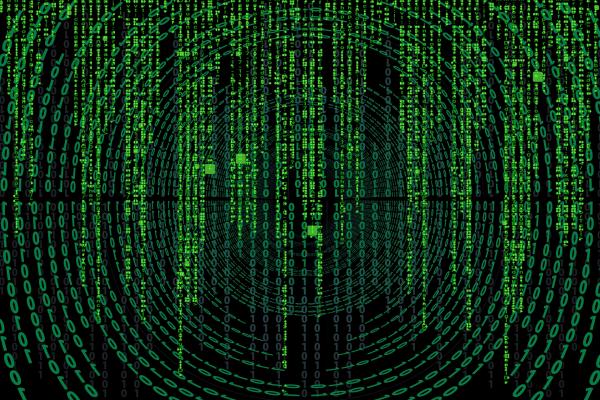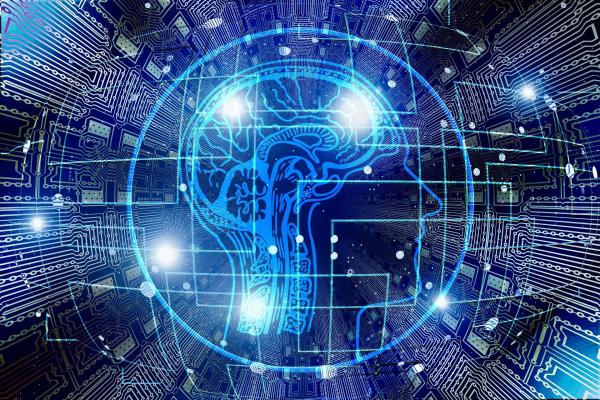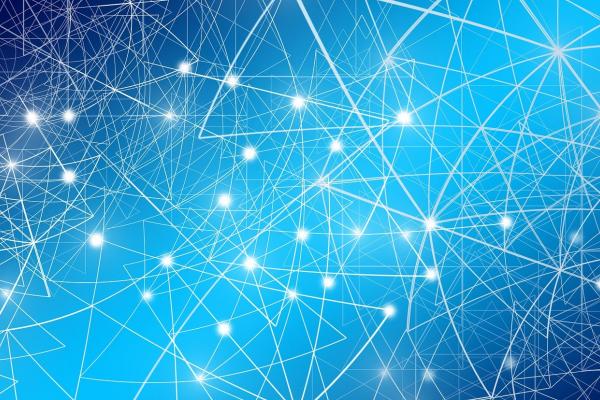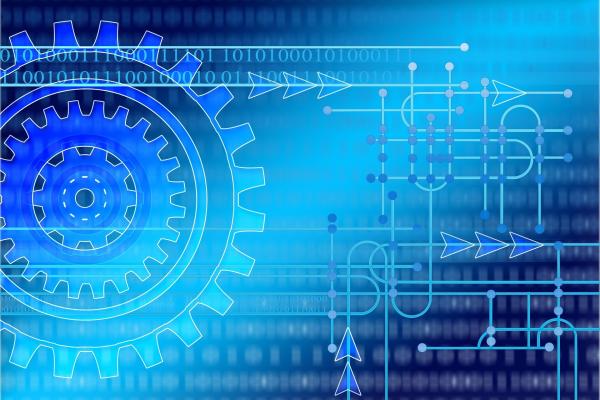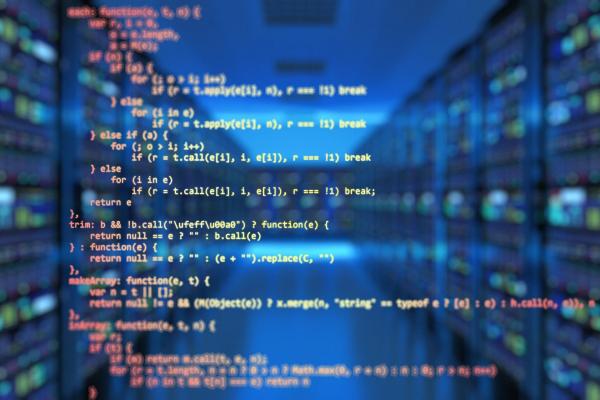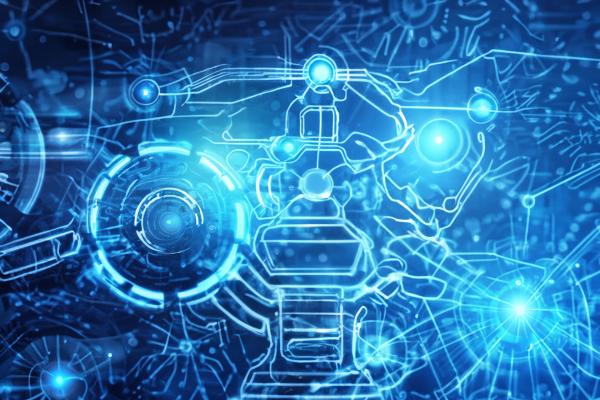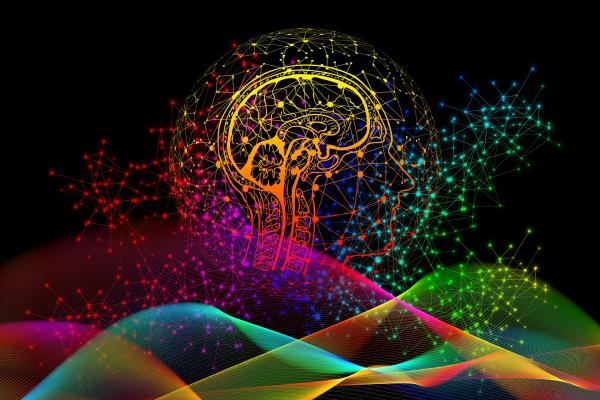We are shaping the future of computing
Here at CS@UCSB, we are shaping the future of computing by our outstanding research and education programs. Our world-renowned faculty and exceptional students conduct exciting research in all areas of computer science. From harnessing the power of machine learning in a responsible manner to ensuring the security of cloud computing, from investigating the new horizons of human-computer interaction and visual computing to improving the energy efficiency of computing, our faculty and students are making impactful contributions in all frontiers of computer science. Our teaching faculty are innovators in teaching methods that enable us to provide an outstanding education to our students at all levels and broaden participation in computing.
Areas of Research
Foundations of Computing, Geometric and Graph Algorithms, Data Structures, Quantum Computing, Cryptography, Complexity Theory, Information Theory, Learning Theory
Computational algorithms and software tools for data mining, data analysis, linear algebra, large-scale graph computations, high performance computing, partial differential equations, and multi-scale stochastic simulation. Applications to systems biology, ecology, energy, materials, fluids, and social science.
Faculty: Michael Beyeler, Frederic G. Gibou, John Gilbert, Linda Petzold, Xifeng Yan
Computer architecture, novel computing technologies, quantum computing, embedded systems, low-energy computing, network and security processors, architectural support for systems security and reliability.
Faculty: Timothy Sherwood, Chandra Krintz, Jonathan Balkind
Distributed databases, fault-tolerance distributed systems, data in the cloud, multimedia databases, spatial databases, data mining, search, data-centric processes, workflow, data-aware services.
Faculty: Divyakant Agrawal, Amr El Abbadi, Ambuj K. Singh, Jianwen Su, Tao Yang, Xifeng Yan
Modeling social behavior and computational systems. Proliferation of the social web into every area of business and society has brought about a need for better understanding, management and use of this valuable global resource.
Machine learning and Data Mining covers a broad range of topics that include knowledge representation, natural language processing, pattern recognition, and intelligent systems, with applications in many areas including bioinformatics, business intelligence, information retrieval, security, and network science.
Computer networks and protocols, large-scale multimedia systems, mobile and wireless networks, quality of service, network modeling and simulation, peer-to-peer and overlay networks, dynamic spectrum and cognitive radios, high-performance mobile computing, network security, network models and protocols.
Faculty: Arpit Gupta, Elizabeth M. Belding, Subhash Suri, Trinabh Gupta
Large-scale systems, cloud computing, distributed databases, distributed programming environments and runtime systems, Internet-scale analytics, social networks.
Static and dynamic techniques for automated software verification and program analysis, adaptive compilation and runtime, language-based security, resource and energy consumption prediction, program profiling, formal methods, web services, workflows, concurrent and distributed systems.
Computational methods that enable machines to move, gather information, manipulate objects, and interact with humans safely and autonomously.
Faculty: James A. Preiss
Network and system security, web security, security of social networks, malware analysis, voting system security, vulnerability analysis, language-based security, specification and verification of systems, security-enhanced microprocessors.
Human-computer interaction, computer vision, virtual and augmented reality, 3D modeling, multimodality, language & vision, computer graphics, visualization, scientific and information, wearable and ubiquitous computing.
